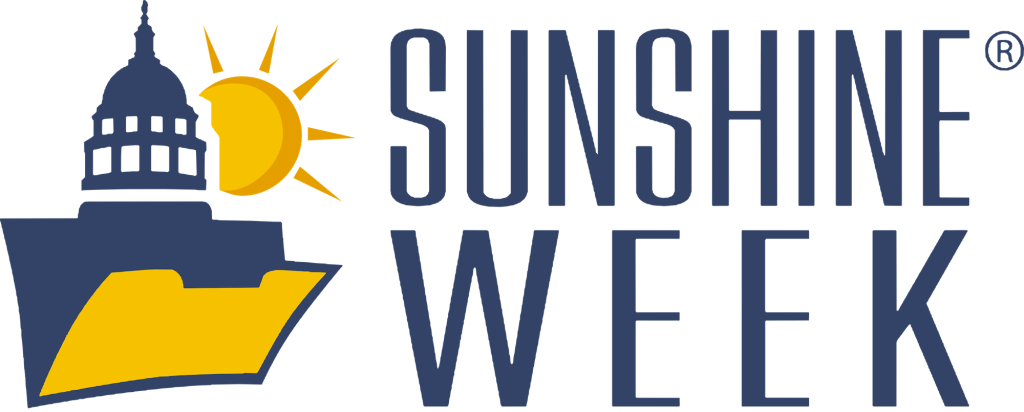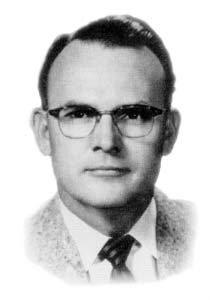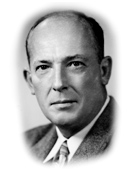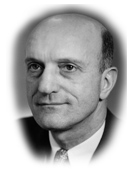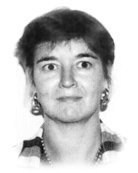John E. Moss, a Democratic congressman from California, is known as the legislative father of FOIA.
As chairman of the House Subcommittee on Government Information, Congressman Moss was the chief catalytic agent in Congress over the 11-year period of the bill’s development and eventual passage. Moss arrived in Congress in 1953 as no particular advocate of the news media’s right to know. Early on, though, he became a staunch convert when civil-service representatives testified that the Eisenhower administration had fired disloyal government employees and then refused to give out their names.
Irate at what seemed to him a blatant flaunting of executive privilege, Moss set up a new special subcommittee, installed himself as chairman and launched exploratory hearings into the issue of the availability of information from federal departments and agencies. The bill, when finally complete, went through the Senate first, then the House.
John Moss died in 1997.
Class of 1996
- Samuel J. Archibald
- Scott Armstrong
- U.S. Sen. Hank Brown
- Harold L. Cross
- Lucy A. Dalglish
- Earl English
- U.S. Rep. Dante Fascell
- Paul Fisher
- William H. Hornby
- Jane E. Kirtley
- Jack C. Landau
- U.S. Sen. Patrick J. Leahy
- U.S. Sen. Edward Long
- Paul K. McMasters
- U.S. Rep. John E. Moss
- J. Edward Murray
- Virgil M. Newton Jr.
- Jean H. Otto
- James S. Pope
- Harold C. Relyea
- Richard M. Schmidt Jr.
- Bruce W. Sanford
- Sheryl L. Walter
- J. Russell Wiggins
Class of 2006
- Andrew Alexander
- Gary Bass
- Thomas S. Blanton
- Danielle Brian
- David Burnham
- Hodding Carter III
- Tom Curley
- Tom Devine
- Kevin Goldberg
- Morton H. Halperin
- Charles W. Hinkle
- Kathleen A. Kirby
- Susan B. Long
- Robert D. Lystad
- John E. Pike
- Ronald L. Plesser
- Russ Roberts
- A. Bryan Siebert
- David Sobel
- Thomas M. Susman
- Mark Tapscott
